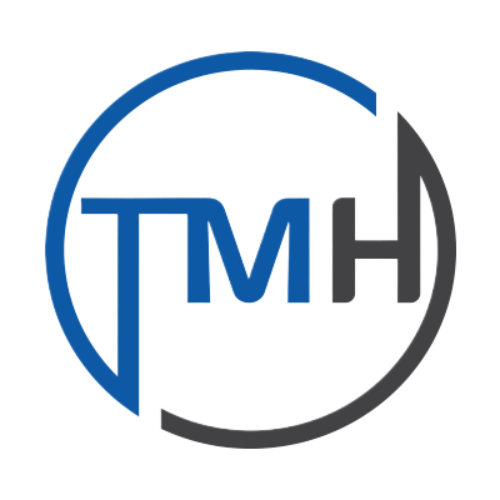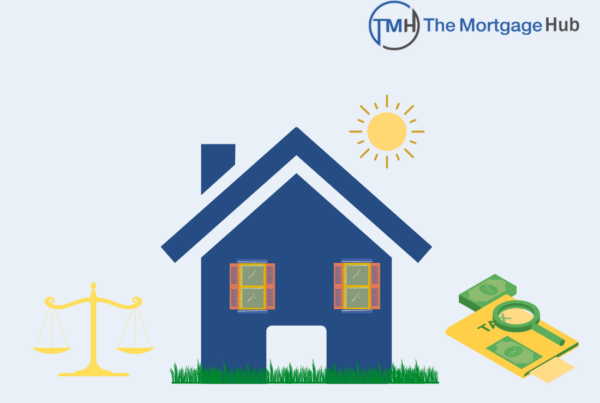As a homeowner, you strive for energy efficiency to lower your bills, and advancements in design and technology are re-shaping energy usage constantly. One way homeowners have financed important energy-efficiency improvements is through a HERO loan, a government-backed loan that is paid back through property taxes.
A Home Energy Renovation Opportunity (HERO) loan can provide you with a unique financing opportunity if you want to invest in long-term changes that will cut energy costs. However, while the loans are attractive in some ways, they can make it difficult to sell or refinance your home.
Let’s discuss where HERO loan programs originated, how the program works, the sorts of problems they can cause you, and some tips to help homeowners who already have a HERO loan.
What’s a HERO loan?
Simply put, HERO loans are government-backed loans offered to homeowners to cover the cost of energy-efficient improvements that are later repaid through property taxes.
The HERO loan is offered as part of the Property Assessed Clean Energy (PACE) programs, which are enacted by governments to help commercial and residential property owners finance sustainable products. These programs, which vary greatly around the U.S., incentivize owners to invest in energy-efficient improvements with a government-backed loan that does not require any money paid upfront.
PACE programs have been approved and backed by state and local governments in more than 35 states, but HERO loan programs have only been approved for select residential owners in California, Florida, and Missouri.
A HERO loan can provide financing for 100% of the purchase cost and installation on qualifying renewable and energy-efficient products for your home. Investments covered by a HERO loan include solar installations, new heating and cooling (HVAC) systems, hot water heaters, improved windows and doors, roofing, landscaping, and more. Water conservation and resiliency measures are also common long-term improvements a HERO loan can help you finance.
The Hidden Risks of HERO Loan Programs
While a HERO loan can help you quickly gain capital for long-term energy improvements, you should be aware of five major reasons to be careful with this type of loan.
- The HERO loan payments will be added to your property taxes. The loan is considered a tax lien so it will take first priority in the event of a default. The HERO loan gets paid before any other creditors, including any lender that holds the original first mortgage on a home.
- It will be challenging to refinance and sell your home. Because the HERO loan is in “first position,” it can create a conflict with most lenders that require they be paid first. Fannie Mae and Freddie Mac, for example, are prohibited from even offering mortgages to property owners with these types of tax liens. This means you may not be able to buy, sell, or even refinance a house that has a HERO loan unless you pay the loan off in full.
- The U.S. government’s 2017 tax reform bill caps property tax deductions to $10,000. The higher your property tax bill, the less likely you’ll be able to write off any part of your HERO loan payments since they are treated the same as your property taxes.
- The financing fee for this type of loan can be very expensive. Typically, there is a one-time 6.95% administration fee and a yearly interest rate of 11% or more.
- These loans don’t always show up on the bill for your first property tax installment of the year. They typically come with the second tax bill resulting in many homeowners having to suddenly find a way to make a much larger payment than expected in order to make up for that first missed payment.
Tips If You Have a HERO Loan
If you already are taking part in the HERO loan program and you now want to refinance or sell your home, here are a few things to keep in mind that could be helpful.
- Reach out to the Federal Housing Administration (FHA) or the Department of Veteran’s Affairs (VA) if you have trouble refinancing. The FHA, which is part of the U.S. Department of Housing and Urban Development (HUD), and the VA offer some FHA-insured mortgages if you qualify. In the case of the VA, you would need to be a veteran, service member, or surviving spouse to qualify for assistance.
- If you put your home up for sale, ensure everything is properly disclosed to potential buyers. You should get an appraisal of the property and make sure HERO obligations are included to properly estimate the total value of the home. As the HERO loan is tied to the property and not the homeowner, buyers should know what yearly obligations they will be inheriting with the property.
Making The Right Decision Upfront
On its face, a HERO loan sounds like a reasonable idea. If you haven’t already taken one out, you can finance home improvements now and not have to pay until later.
However, you need to strategically map out your long-term commitment to your home before committing to one. It could be difficult to sell in the short term. Interest rates and fees may be challenging to pay. Within a year, the program may hike up your tax base and you will start paying all the charges, increasing your mortgage payment by hundreds of dollars a month. You should go into this process with eyes wide open.
How to Get HERO Help
While we admittedly may not be the biggest fans of HERO loans, we understand if you’re seriously considering it or already are taking part in the HERO loan program. At The Mortgage Hub, we’ve always helped clients navigate the challenges of financing, credit, and more. Our mortgage advisors will give you straight answers about the types of loans that are best for your goals and how to refinance if you’re trying to get better terms. If you need additional help, call now at (888) 273-8734 or Schedule a Consultation.







